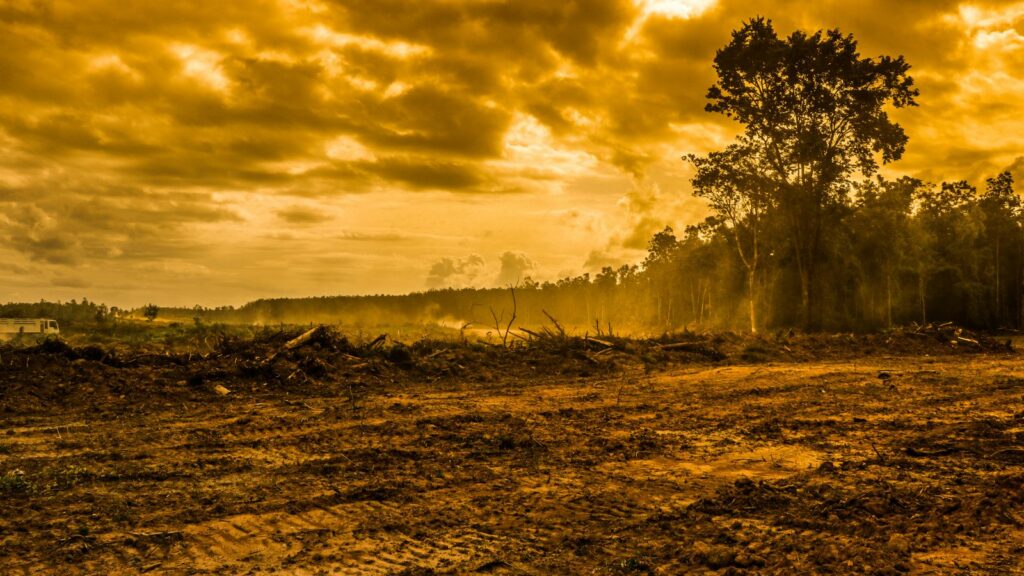Climate change is an issue that has recently attracted much attention from the media. There is a constantly rising tide of severe meteorological phenomena, ranging from hurricanes and floods to droughts and heat waves. These changes have affected the environment, the wildlife we often overlook, and our everyday ways of living. If you want to understand how climate change affects the real estate business, you’ve come to the right place. Below are 18 unexpected ways climate events are affecting property values.
Rising Sea Levels

In addition to rising sea levels, warming ocean currents threaten properties in coastal regions. Suppose you live in an area that may be submerged underwater. In that case, you may notice that property prices are starting to stagnate, as few people are willing to invest in properties that are likely to be flooded in the coming decades.
Frequent Hurricanes
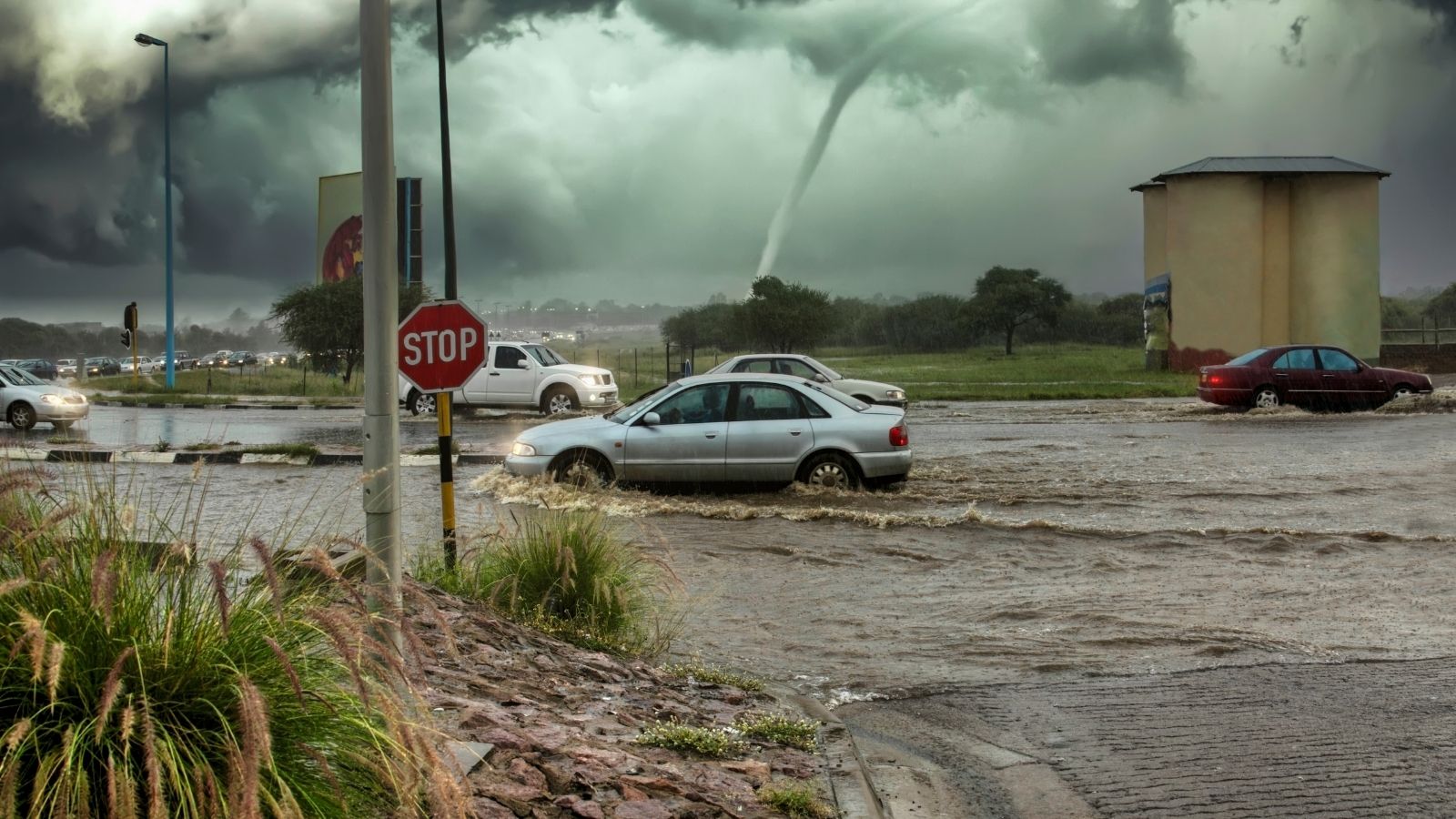
The frequency and intensity of hurricanes are increasing, primarily due to rising sea temperatures. Coastal properties are often at risk of disasters, leading to significant damage and a decline in property values for many homeowners. Consequently, fewer people are willing to invest in homes that could be destroyed.
Extreme Heatwaves

In regions experiencing frequent heatwaves, homes lacking adequate ventilation and air conditioning are unappealing to buyers. If you are trying to sell your house in the summer—when high temperatures often lead to discomfort—there is a good chance its value may be adversely affected. Most buyers prioritize properties with amenities like air conditioning or similar features to ensure their comfort during hot weather.
Increased Flooding
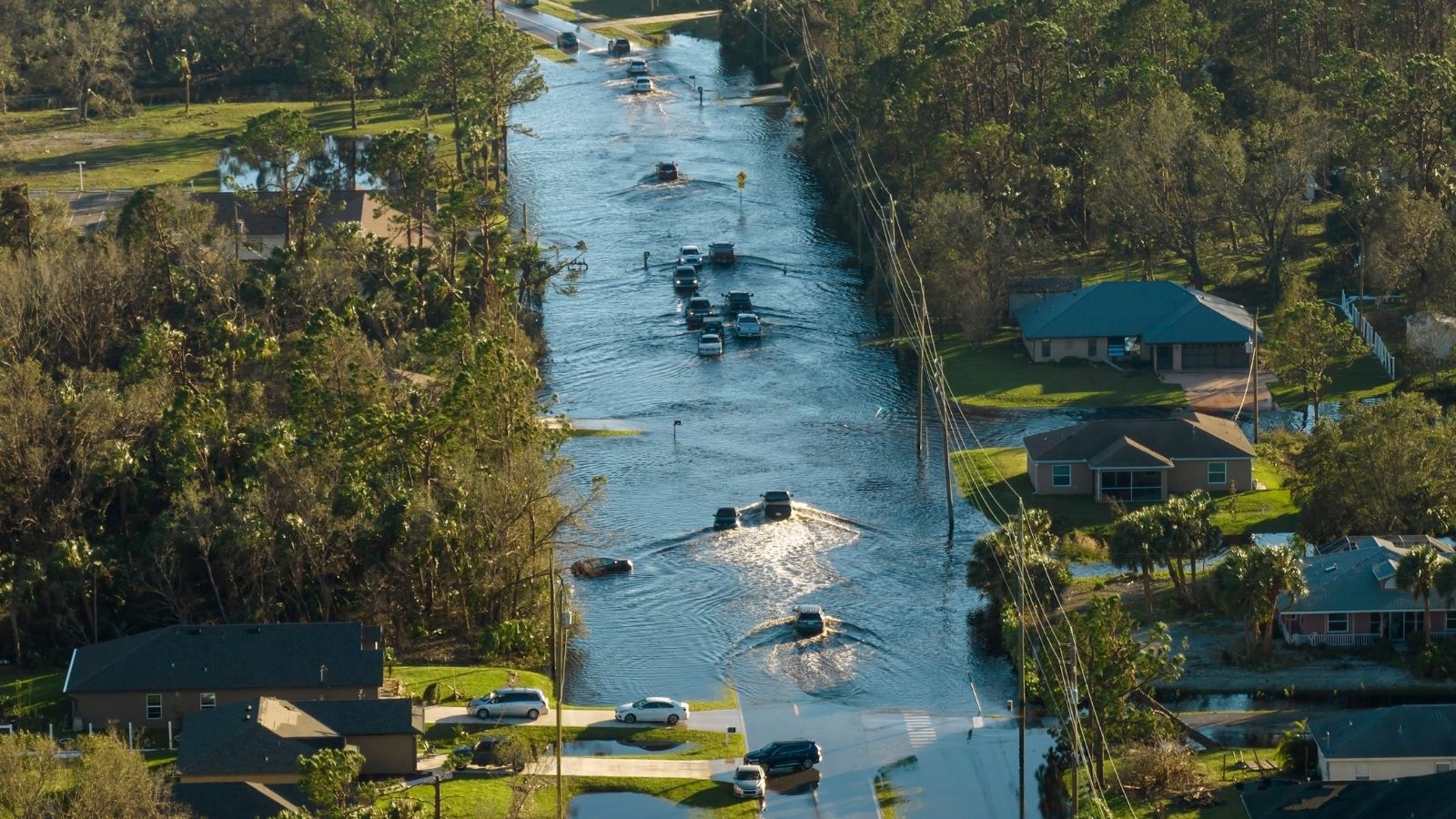
Climate change leads to more frequent disasters, such as floods, affecting property values. Properties located in flood-prone areas typically have lower values. Additionally, homes near rivers, lakes, or oceans are at a higher risk of flooding, leading to a further decrease in market value.
Droughts
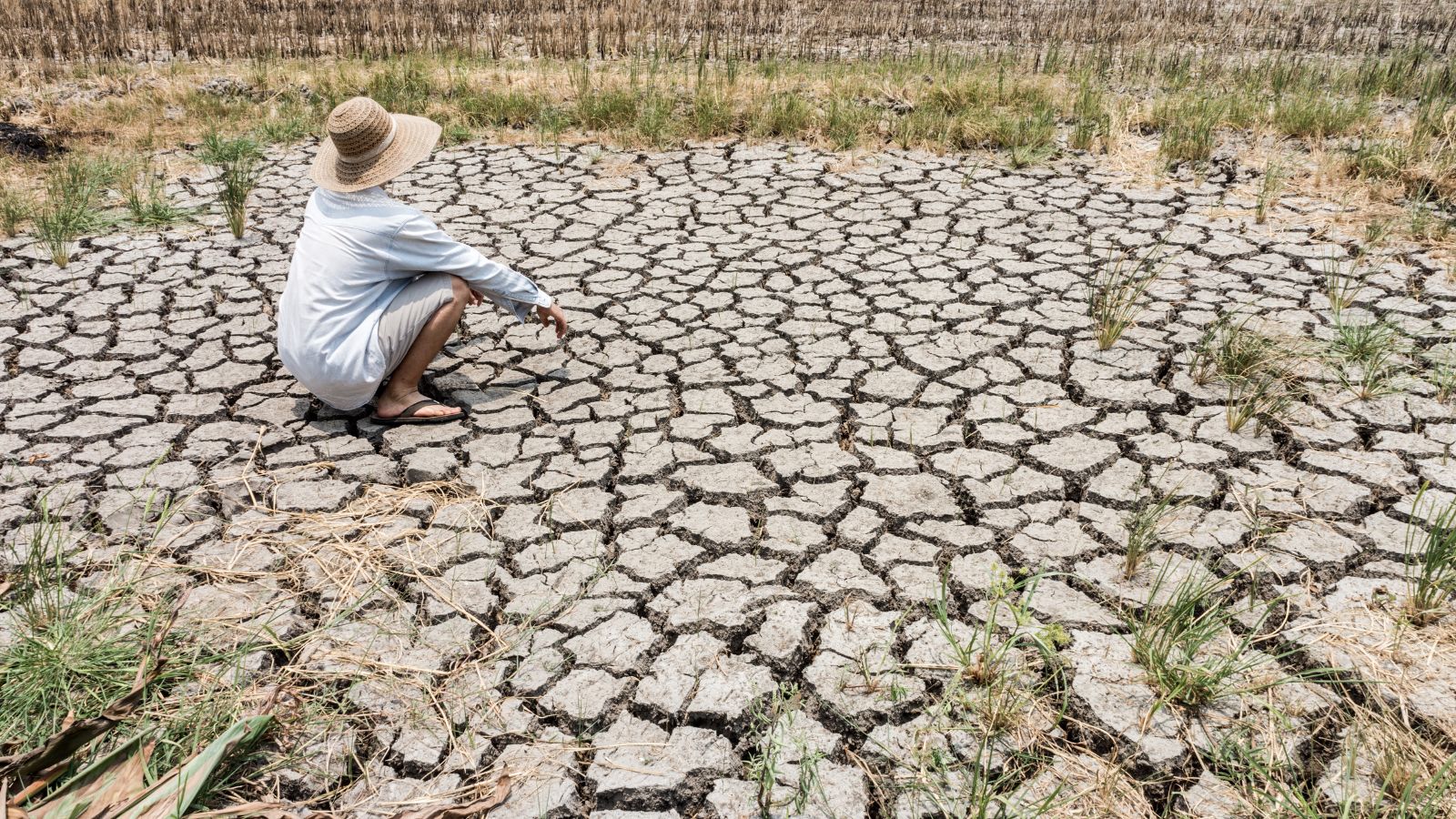
Global warming leads to more frequent droughts, significantly impacting property prices. Homes in areas experiencing severe water shortages may have lower appraisals, as potential buyers often avoid investing in these regions.
Wildfires
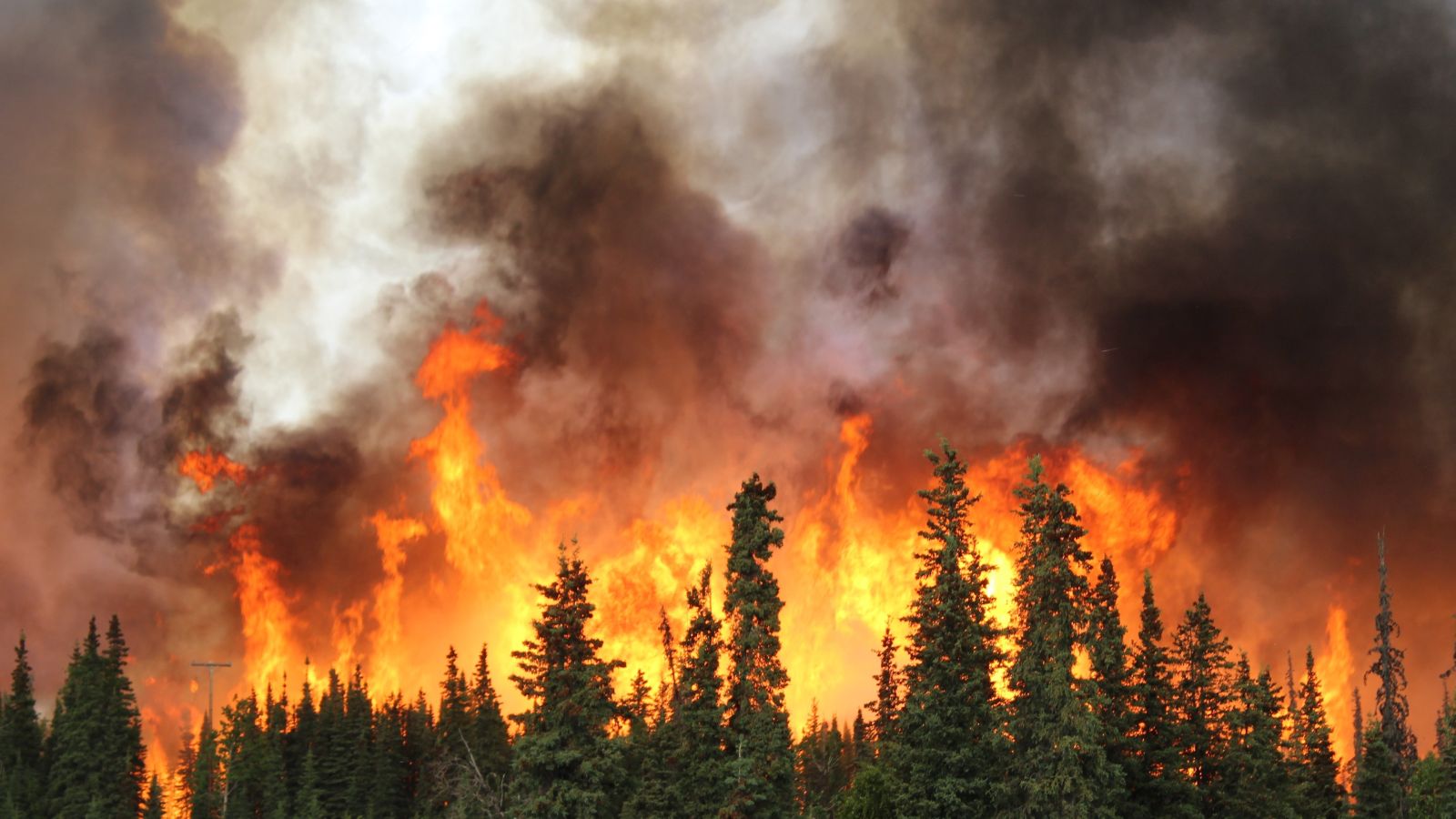
Frequent wildfires occur in dry climates, and intense fires have become common. Property owners in these areas face declining property values due to the increased risk of fire damage.
Increased Insurance Costs

The changing climate has increased insurance premiums, as insurance companies are now required to cover damages resulting from climate-related events. Property developers and owners are experiencing increased costs, making their properties less competitive in the market.
Decreased Energy Efficiency

Due to climate change, energy conservation has become attractive to many homeowners, and energy-inaccurate homes are not very fashionable. The buyer is willing to spend a little more for homes with improved insulation levels, efficient heating and cooling solutions, and green technology solutions.
Increased Maintenance Costs

Disasters such as hurricanes, floods, and fires can mean higher maintenance costs for building owners. As extreme weather events become more frequent, homeowners must spend money on repairs and remodeling of their houses.
Agricultural Lands
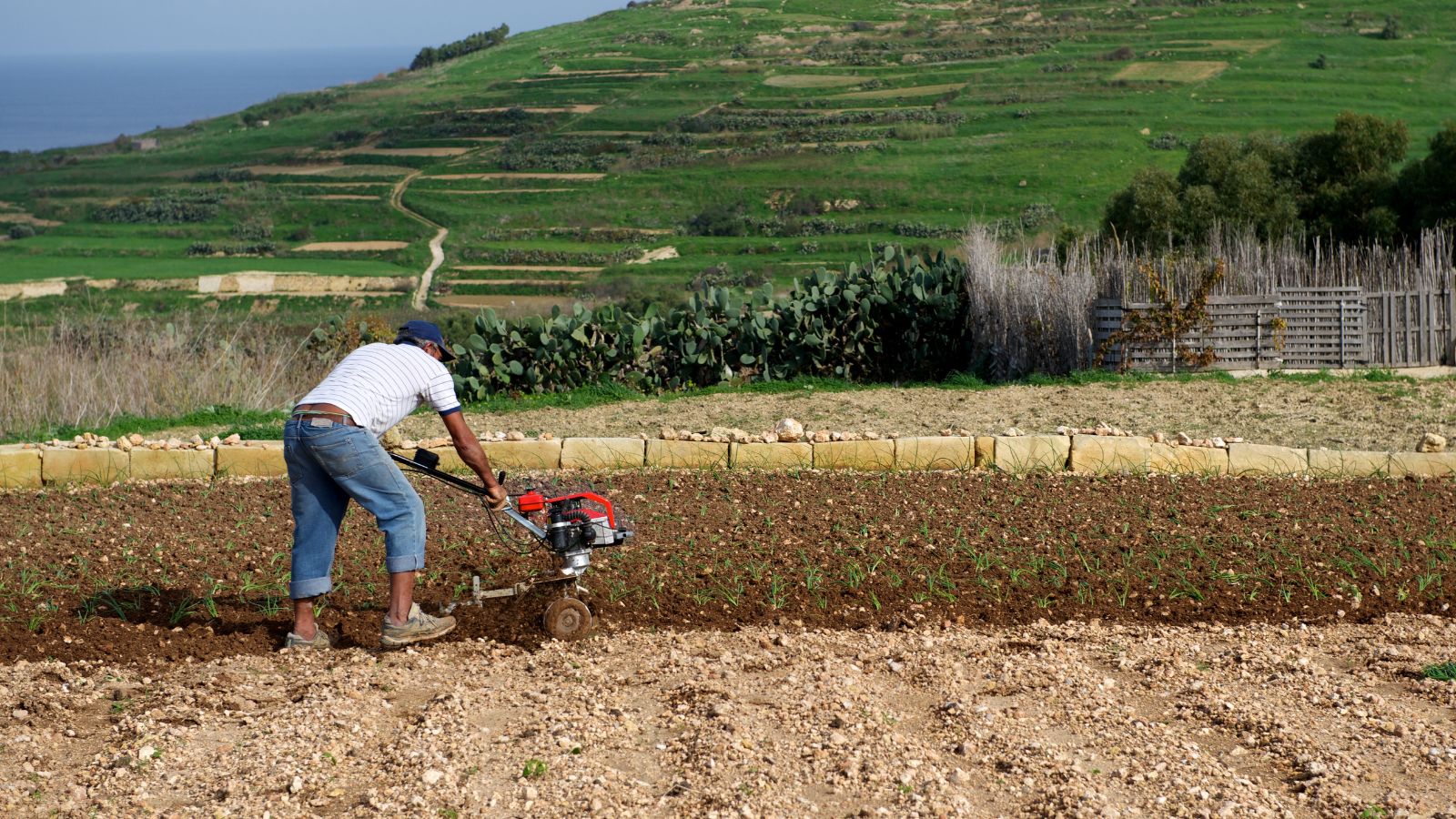
Variability in temperature and water availability significantly impacts agricultural land, influencing the types of crops that can be planted. Areas that become less productive often see a decline in property values due to the reduced attractiveness of the location.
Ecosystem Changes
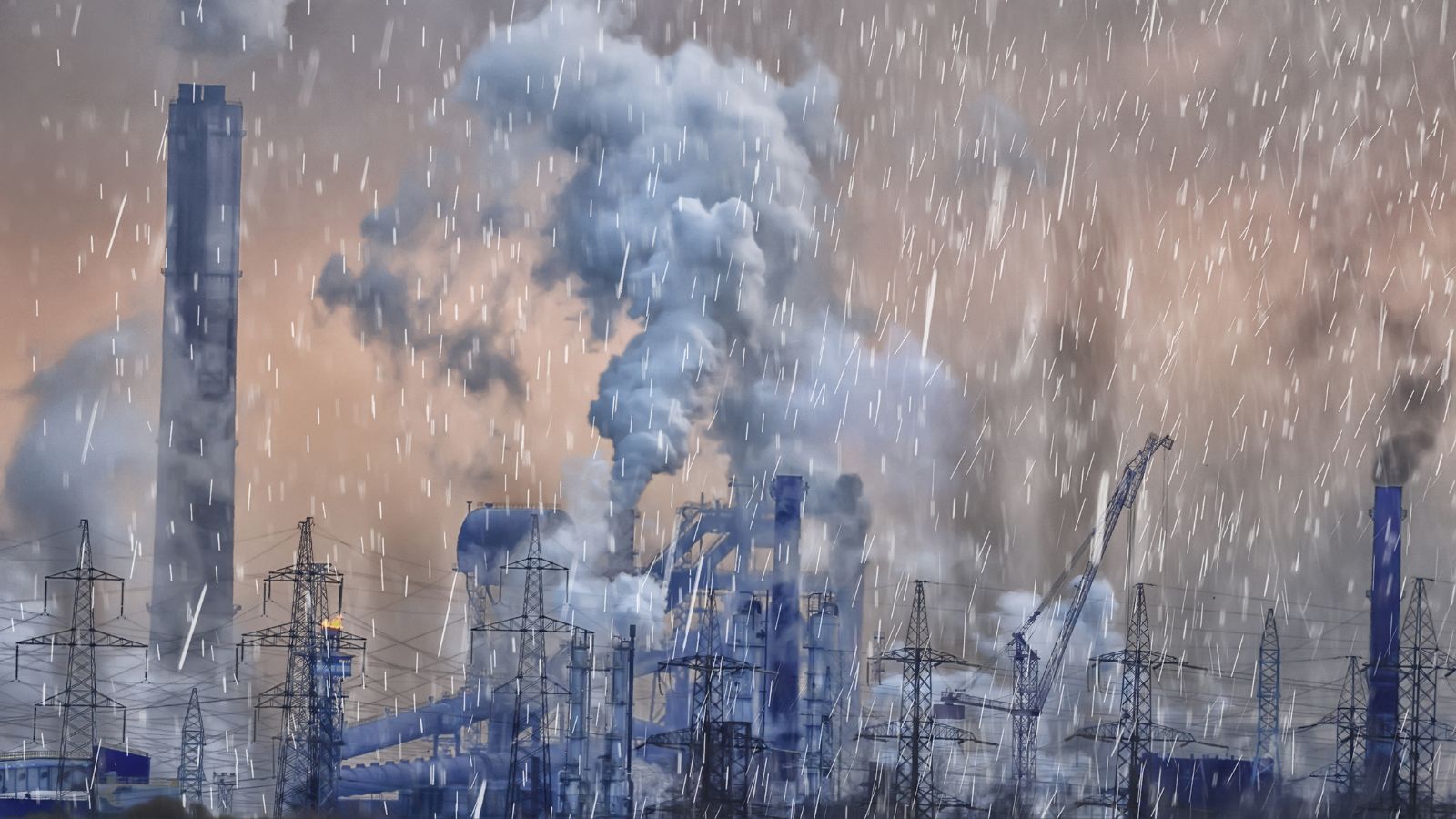
Climate events significantly impact local ecosystems, often altering their dynamics. Properties situated in areas where wildlife may be displaced are likely to experience low demand; people tend to be reluctant to purchase homes that could be affected by such disruptions.
Storm Surges

Storm surges can cause significant damage to coastal properties, and the increased frequency of these events due to climate change is likely to reduce property values. As a result, homeowners in areas prone to storm surges may face challenges when trying to sell their properties.
Water Contamination

Accidents like floods and hurricanes can cause water contamination, which may lower property values. Contaminants can spread throughout water systems, increasing residents’ risk of various diseases. Consequently, property owners often encounter difficulties when attempting to sell their homes at a reasonable price.
Infestation

Climate events may lead to infestations. Houses in affected regions could be valued lower than other houses, given that buyers of affected homes do not wish to spend much money on pest treatment services.
Air Quality

Natural calamities such as wildfire and heat may also influence air quality, thus reducing the attractiveness of the properties. As an increase in air pollution’s effect on health becomes more widely understood, the property values in areas where air quality is bad are likely to decrease.
Population Shifts

As climate conditions become more extreme, certain areas may become less appealing for people to reside in. While some locations could see a decrease in property values, others may experience an increase.
Increased Green Space
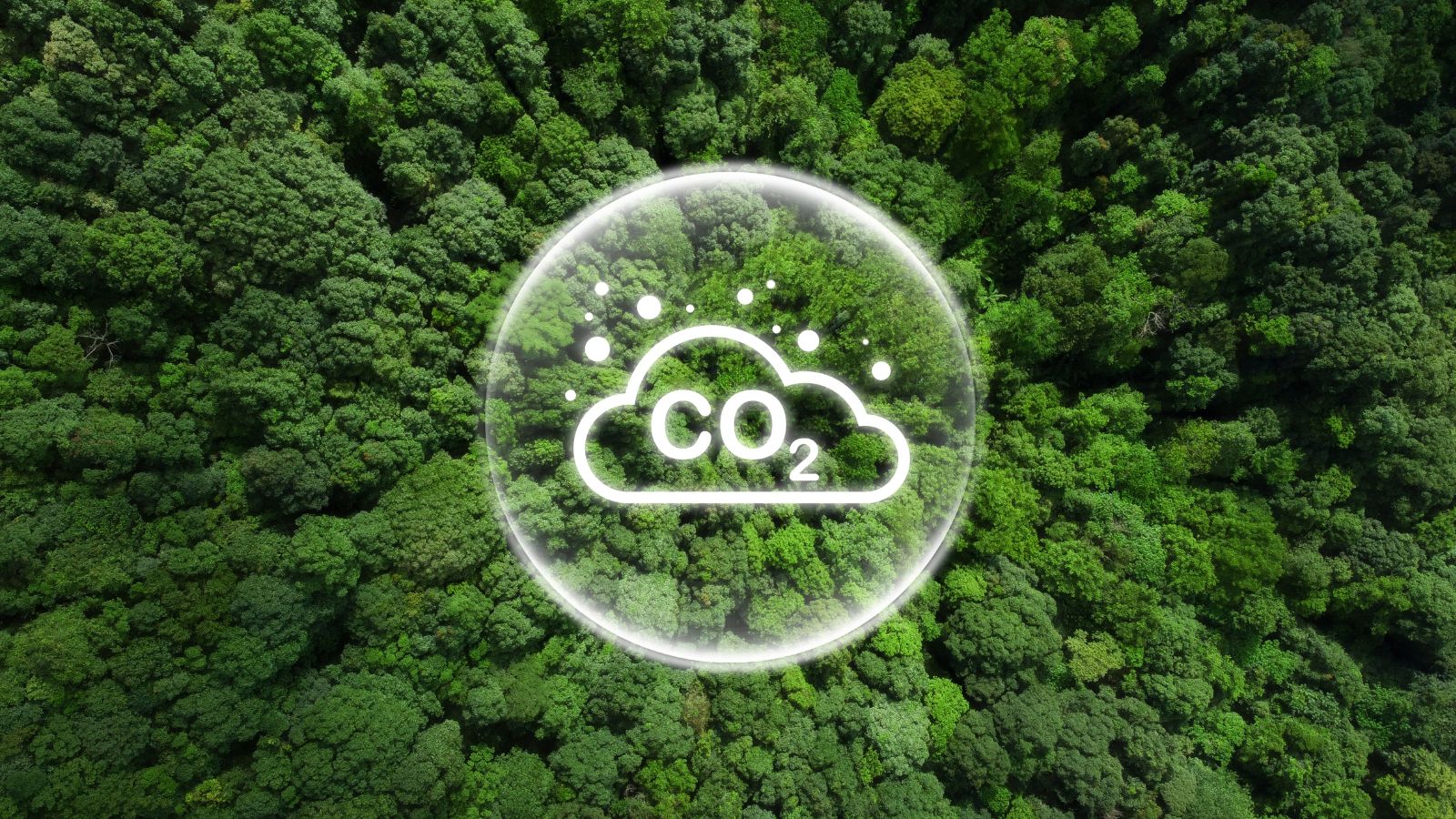
Homes close to nature reserves, parks, forests, or any other natural preserve will attract potential homebuyers, giving room to those who believe in creating wholesome and eco-friendly living areas.
Sustainable Infrastructure
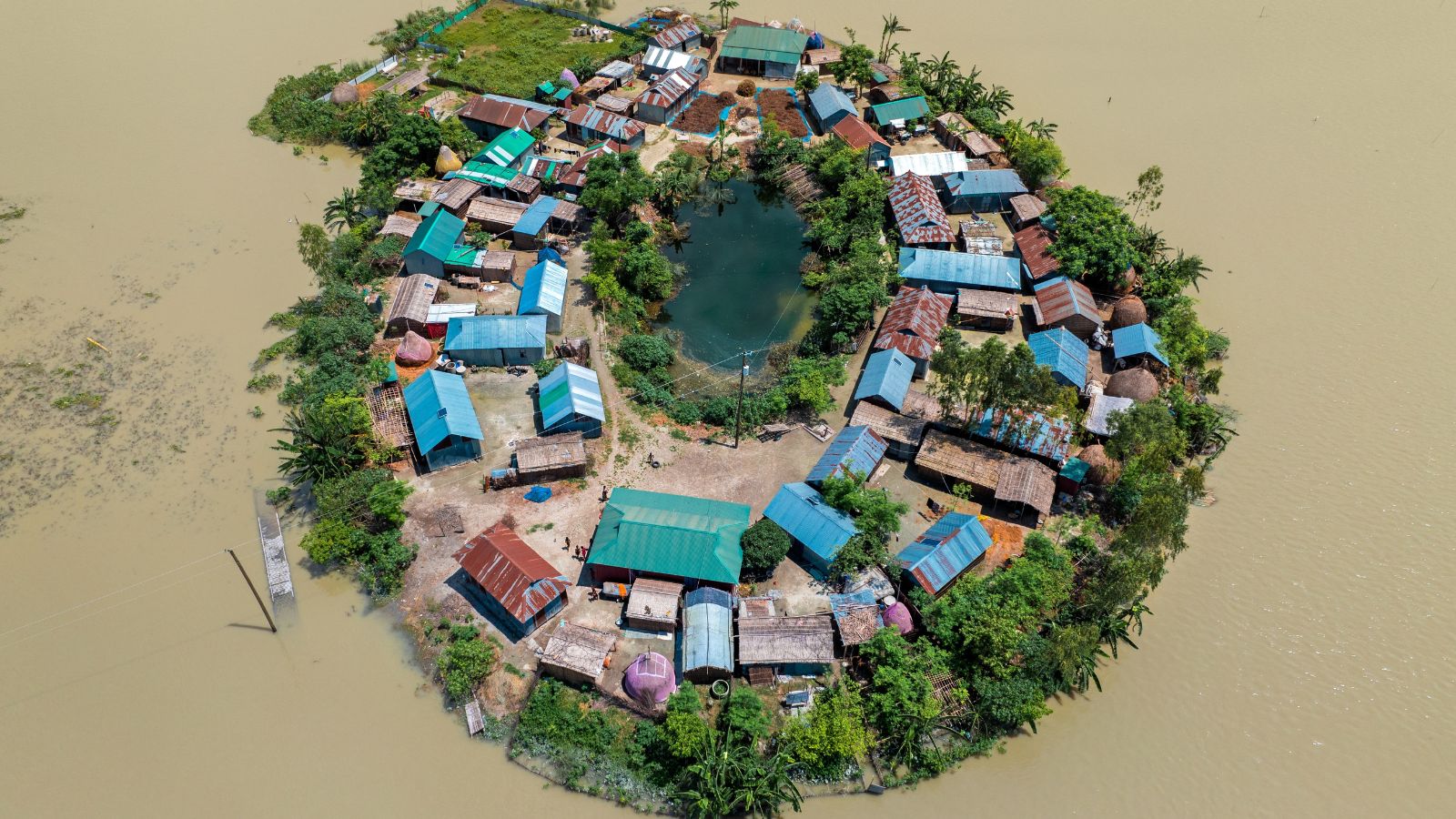
Homes with sustainable systems are increasingly appealing to potential buyers. Buyers are valuing homes equipped with green technology, energy-efficient systems, and other environmentally friendly features as more desirable.
Conclusion

Nowadays, climate change is an active factor that affects property value and does so in a peculiar manner. From an increase in the frequency of hurricanes, sea levels, heat waves, and drought to flooding, all impacts of climate change are reflected in the real estate markets. Due to these effects, property owners can gain valuable insights that will help them prepare for and address the challenges posed by climate change on their properties. While some properties may experience a decrease in individual value, others may see an increase in market value due to the growing global demand for eco-friendly housing.
18 Reasons Why People Are Leaving Florida in Masses

Exploring factors that impact the desirability of living in Florida, this list delves into various challenges shaping residents’ experiences. From environmental concerns like rising sea levels to economic factors such as fluctuating job markets, these issues collectively contribute to a nuanced understanding of the state’s appeal.
18 Reasons Why People Are Leaving Florida in Masses
